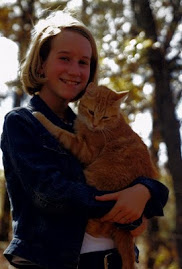My righteous one shall live by faith, and
if he shrinks back, my soul has no pleasure in him.” Hebrews 10:38
Al and Hal plunked the last box of dried goods in a
corner of their bunker and sank to the floor to wipe sweat from their faces.
Their pastor, Ken, had come to see what the brothers had talked about for
months. He glanced around the concrete fortress at the canned goods, rifles,
and to the left an entire room filled with bottled water. “Wow, guys, I…uh, I
never imagined all this. You certainly are…ready.”
.
Hal struggled to his feet
and grinned proudly at his supplies. “Yep. No Islamers gonna get us. Them
lib’rals, commies, and Nazi’s don’t stand a chance. We can outlast any
apocalypse, and look there, I brung my Bible.” Pastor Ken nodded slowly. “I
see. But I can’t help wondering how all this fits in with what Jesus commanded
us. You know, loving our neighbors, evangelizing the world, sharing what we
have with those who don’t.” Al scratched his head. “We used to think that, til
things started going south, and now it’s every man for himself. Know what I
mean? We’re gonna move in here next week and wait it out. People’s gonna wish
they’d thought of this, but it’ll be too late. They ain’t getting’ our stuff,
no sir!”
We may not go to the extremes that Al and Hal have,
but when we take a close look at our spiritual lives, have we shrunk back? Was
there a time when you were passionate about serving your world, but have become
too self-focused, too angry, too jaded to care anymore? Living by faith means
that we trust God no matter how bleak the world situation becomes. We refuse to
shrink back from Jesus’ instructions to “love thy neighbor.” It is wise to prepare
when we can. But we must never let fear replace faith, self-preservation
replace self-sacrifice, or the world’s values replace God’s commands.
Have you shrunk back from where you used to
be?
Does God take pleasure in your walk of faith?
.























